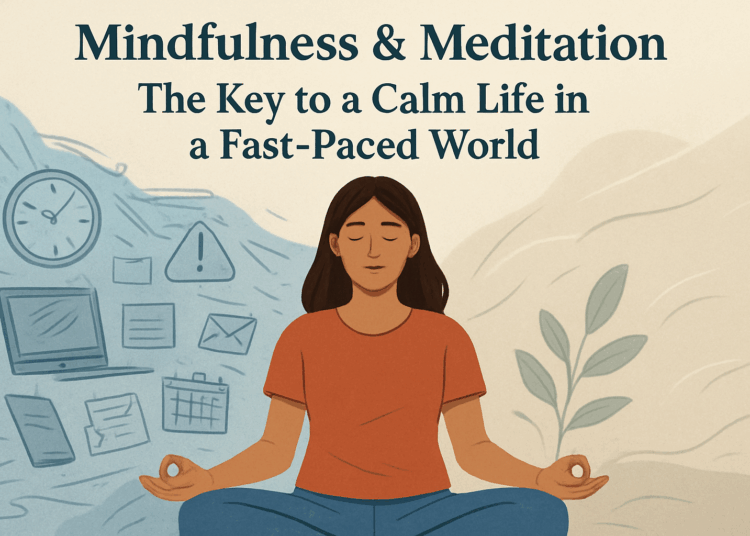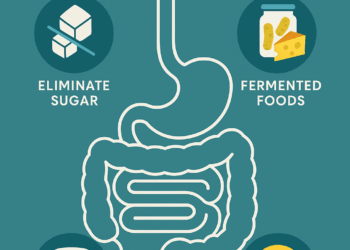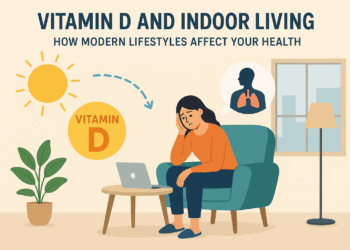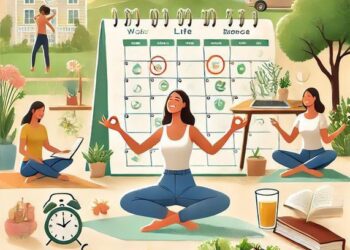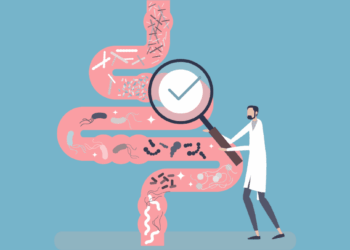In today’s fast-paced world, life often feels like a race against time. Endless deadlines, digital distractions, and constant demands can leave us feeling overwhelmed, anxious, and mentally drained. To counter this, more and more people are embracing mindfulness and meditation—time-tested practices that cultivate balance, peace, and clarity. But what exactly do these practices mean, and why are they considered essential for living calmly in a world that never slows down?
What Is Mindfulness
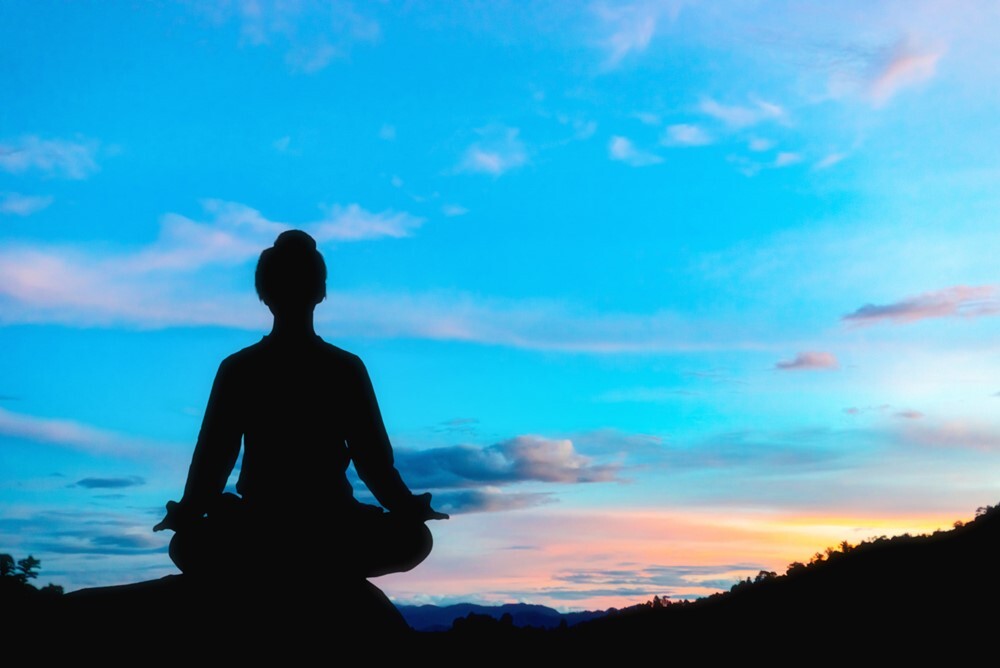
Mindfulness is the art of being fully present in the moment, observing thoughts and emotions without judgment. Instead of getting caught in regrets about the past or worries about the future, mindfulness teaches us to gently return our attention to the here and now.
Practical examples of mindfulness in daily life include:
-
Savoring your food slowly, appreciating its texture and flavor.
-
Listening attentively to someone without distractions.
-
Becoming aware of your breathing as you walk, sit, or rest.
What Is Meditation
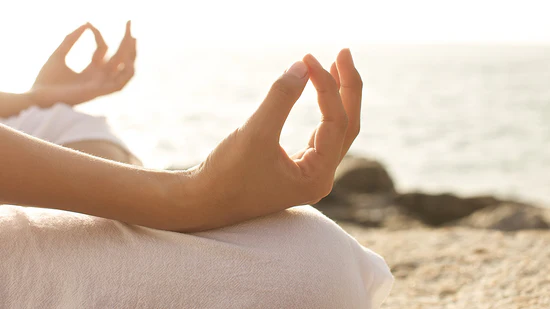
Meditation is a dedicated practice that trains the mind to cultivate calmness, clarity, and focus. While mindfulness can be integrated into everyday activities, meditation usually involves setting aside time to sit quietly, breathe deeply, and redirect the mind away from distractions.
Some popular meditation techniques include:
-
Breath Awareness Meditation – focusing on the natural rhythm of your breath.
-
Body Scan Meditation – releasing tension by consciously relaxing each part of the body.
-
Loving-Kindness Meditation – nurturing compassion for yourself and extending it to others.
The Benefits of Mindfulness & Meditation
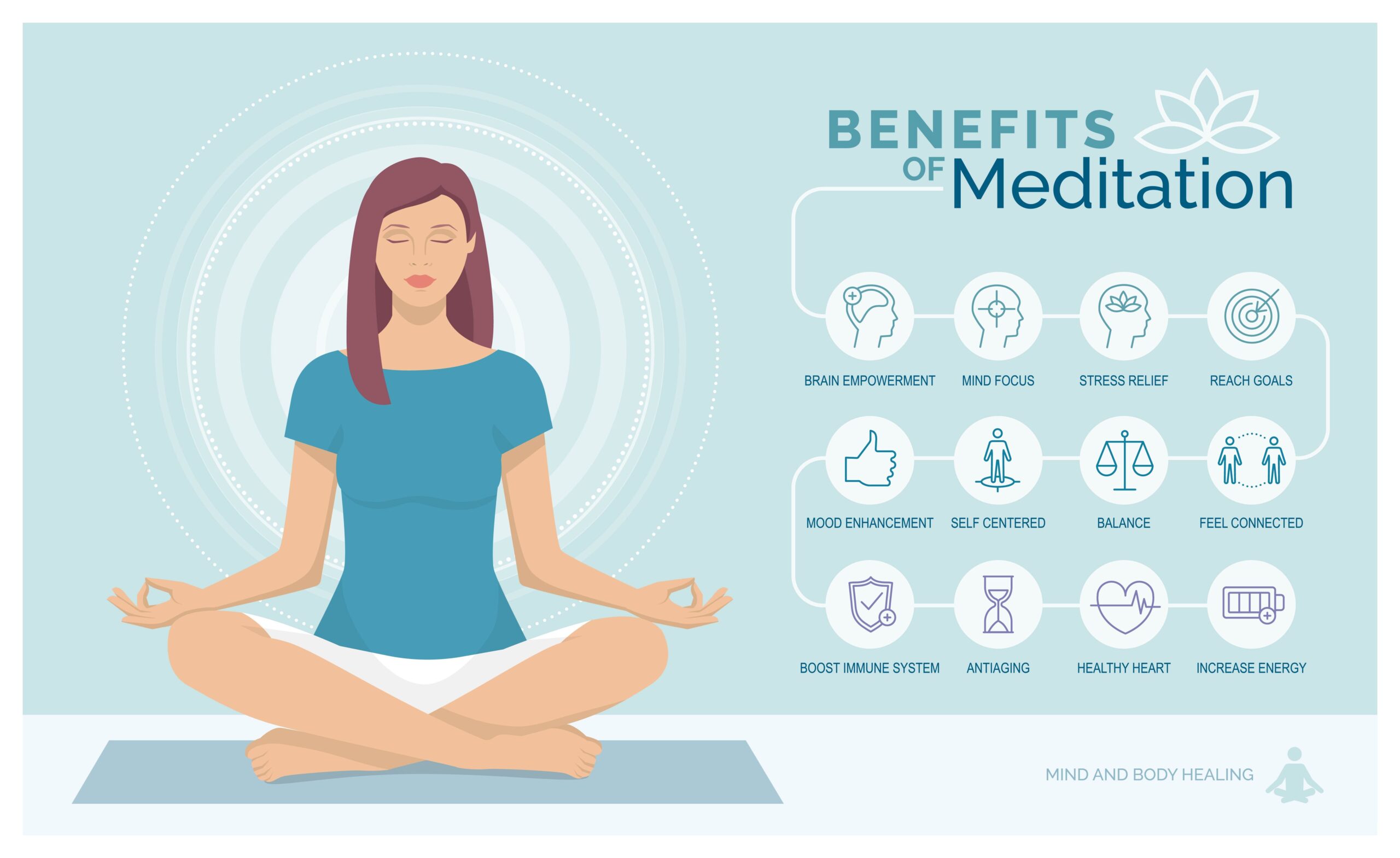
Decades of research have shown that mindfulness and meditation provide profound benefits for both mind and body, including:
-
Stress and Anxiety Reduction – lowers cortisol levels and promotes deep relaxation.
-
Sharper Mental Clarity – enhances focus, memory, and decision-making skills.
-
Emotional Balance – decreases negative emotions and strengthens resilience.
-
Improved Sleep Quality – calms a restless mind and reduces insomnia.
-
Better Physical Health – supports lower blood pressure, a stronger immune system, and relief from chronic pain.
How to Integrate Mindfulness & Meditation into Your Daily Life
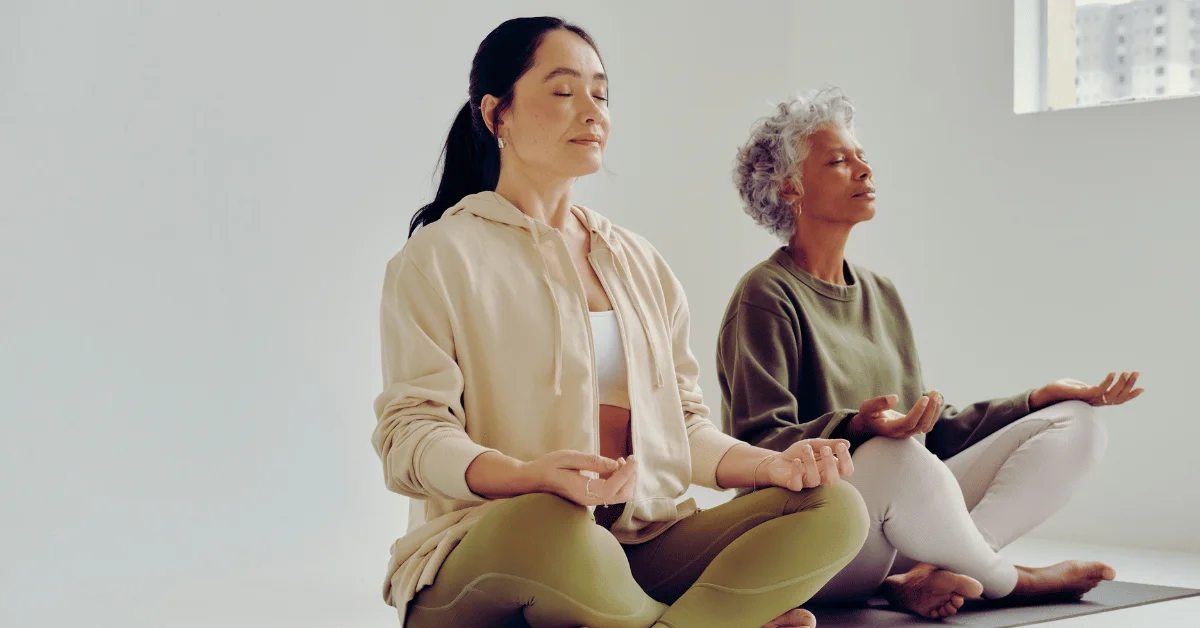
The beauty of these practices is that they don’t require hours of commitment. Even small, consistent steps can make a big difference:
-
Begin each morning with 5–10 minutes of mindful breathing.
-
Take short mindful breaks throughout your workday to stretch and reset.
-
End the day with a gratitude journal, noting down three things you’re thankful for.
-
Use guided meditation apps to help establish and maintain consistency.
Why Mindfulness Matters More Than Ever
In a world where notifications, responsibilities, and expectations compete for our attention, it’s easy to lose our sense of balance. Mindfulness and meditation serve as anchors, grounding us in the present moment and equipping us to handle challenges with calmness and clarity. With regular practice, they create a sanctuary of peace—even amidst the busiest of schedules.

